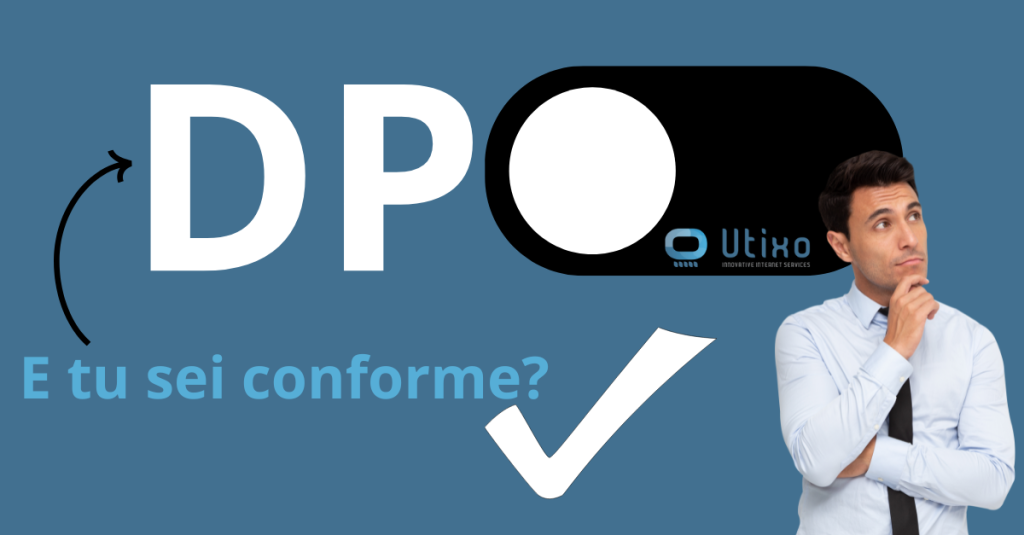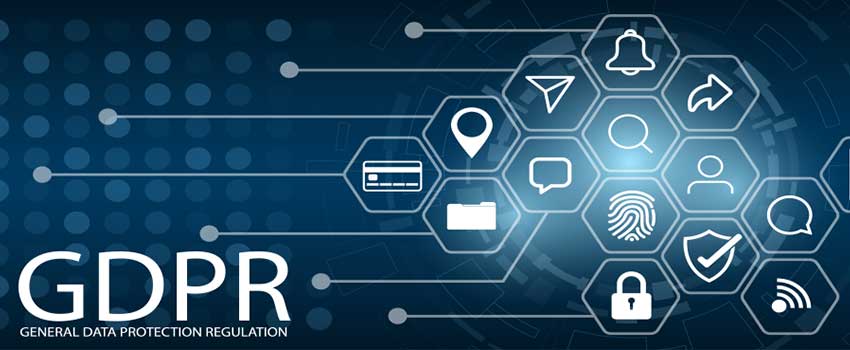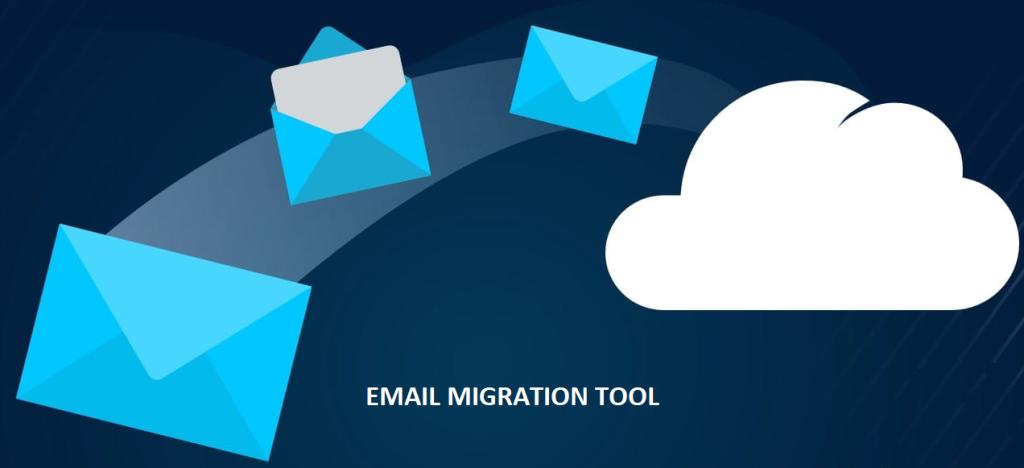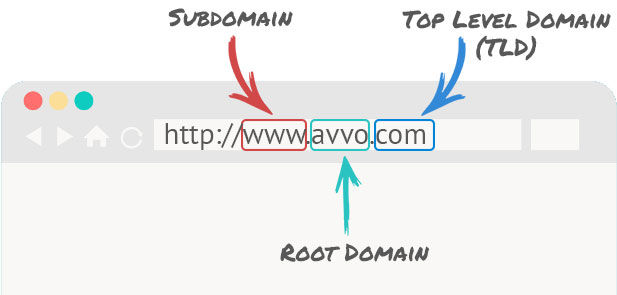The importance of the DPO for the GDPR
In the context of the mandatory requirements demanded by the GDPR (General Data Protection Regulation), which is also discussed in the article regarding the GDPR-compliant data backup, it is worth pointing out an additional activity required in order to ensure compliance with the regulation.
Few people know, in fact, that the presence of the DPO within an organization is of paramount importance. Many people still do not clearly understand what cases he is to be designated and the tasks assigned to him. Let’s have some clarity.
When is the DPO mandatory and must it be appointed?
They must mandatorily appoint a Data Protection Officer all public administrations, public entities and in general all entities (entities and enterprises) that in their main activities process personal data on a large scale.
Personal data means all information that identifies or makes identifiable, directly or indirectly, a natural person therefore personal data (name and surname, tax code, IP address, license plate number), sensitive data, relating to health or sex life, genetic, judicial and biometric data.
Businesses, which do not fall under the legal obligation, however, may still decide to have a DPO.
The data controller must communicate the contact details of the DPO by then reporting his or her appointment to the supervisory authority, i.e., the Data Protection Authority of the relevant country, through the appropriate online procedure.
Who is and who can be a DPO?
The Data Protection Officer (DPO) or Data Protection Officer. Is a person appointed internally or externally to the organization, which is responsible for monitoring and ensuring the protection of personal data collected, providing internal advice, and acting as a point of contact with the data protection supervisory authority.
Although no special qualifying certificates or certifications are required by law, it is still recommended to choose a professional who is able to fulfill his or her duties based on specific skills and knowledge. The DPO, must therefore:
- Know about privacy laws, such as GDPR, and how these laws apply to the organization he or she works for
- have experience in handling personal data , including data identification, storage, security, access and deletion
- Understand the technologies used by the organization to process data, including software, databases, cloud services, and security systems
- Be able to analyze and assess the risks associated with data management, so analytical skills are required
- Being able to provide appropriate advice by communicating and collaborating with teams from different functions
Choosing the right DPO is, therefore, an important decision that must be made with care: it is essential to be able to rely on a qualified professional.
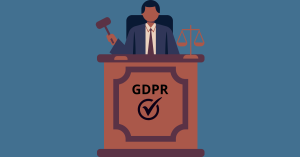
What duties and functions does the DPO have?
The Data Protection Officer performs his or her duties with full independence and without conflicts of interest. In fact, in order to ensure the protection of personal data processed by the company, it must ensure that the company takes appropriate measures that are updated over time, so as to stay abreast of evolving data security threats.
Technical and organizational measures could be:
- Data backup: using a secure backup system prevents data loss in case of hardware failure or other unexpected events, such as hacker attacks
- Data encryption: this method protects personal data during transfer or storage, making it unreadable to those who do not have the decryption key
- Access control: can be done through the implementation of access permissions, secure passwords and multi-factor authentication systems
Another important task of the DPO is to cooperate with the supervisory authority, namely the Data Protection Authority.
First, during the inspection activity, the DPO must know how to verify that the authority is acting in a manner that complies with the GDPR regulation and that requests are justified and proportionate to the organization’s data protection needs. It must, then, cooperate with the Guarantor by providing all requested information.
Finally, the DPO must also act as an intermediary between the organization and the supervisory authority to handle any requests for corrective action or sanctions. It is responsible for assessing the severity of the possible personal data breach and working with the supervisory authority to determine the actions to be taken to resolve the situation.
Utixo protects your data
Based on the above considerations, it is useful to know that Utixo is a company that specializes on integrated cloud services with a focus on data protection and European GDPR compliance management.
We are committed to providing highly secure and privacy-friendly technology solutions that help meet the requirements of the GDPR. For more information regarding the importance of DPO or for a free consultation, please feel free to CONTACT US, we look forward to providing you with helpful and knowledgeable answers.
